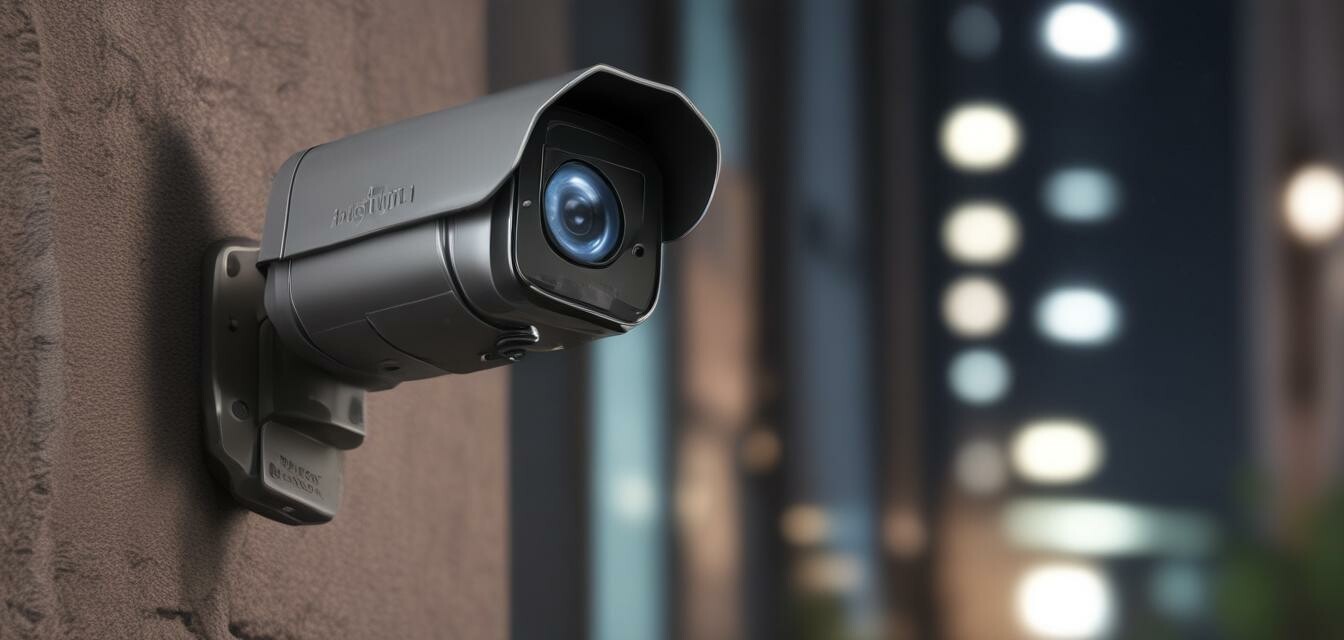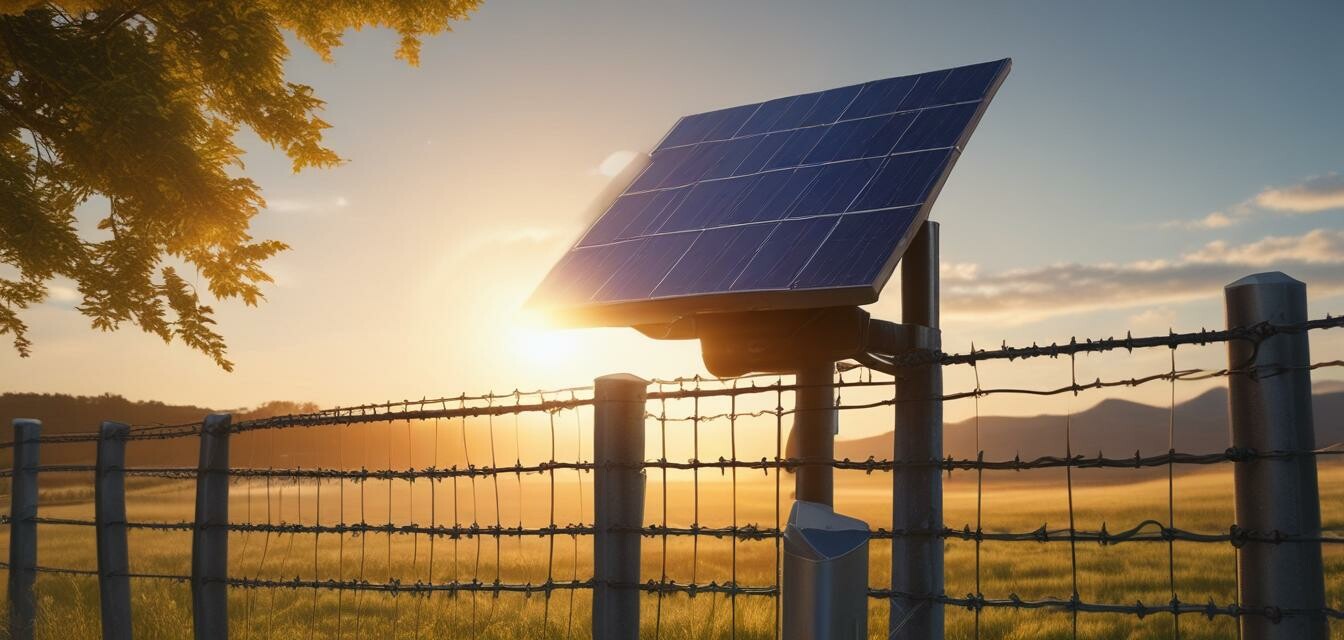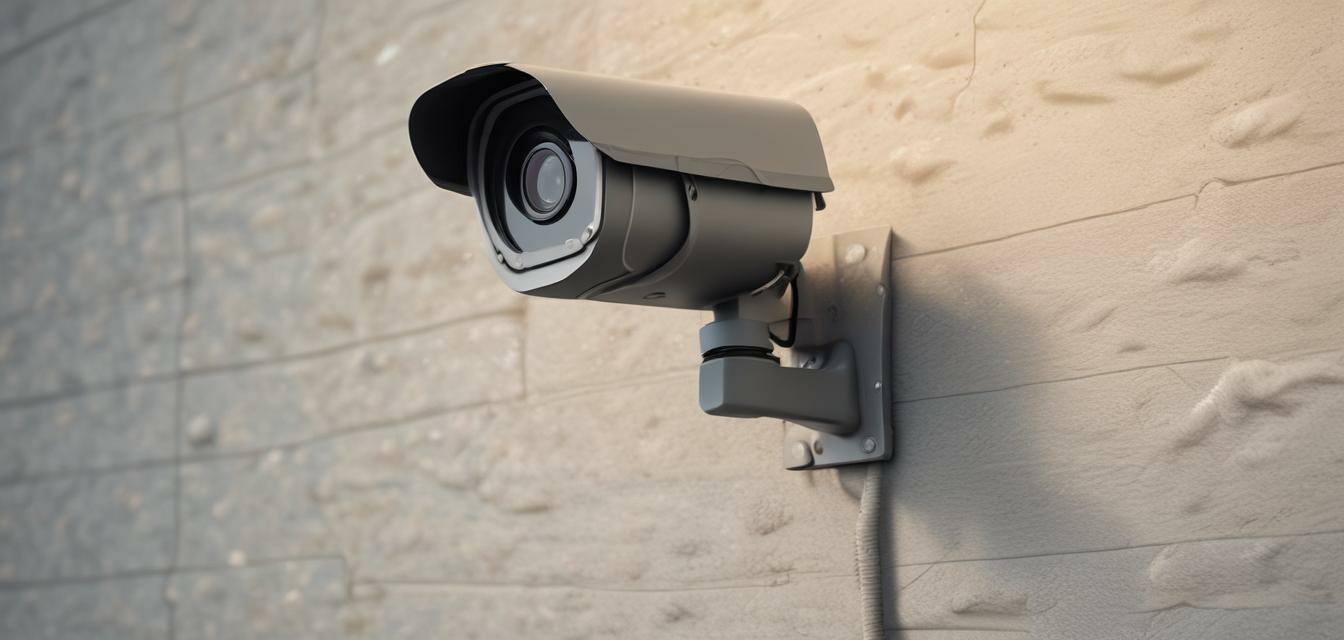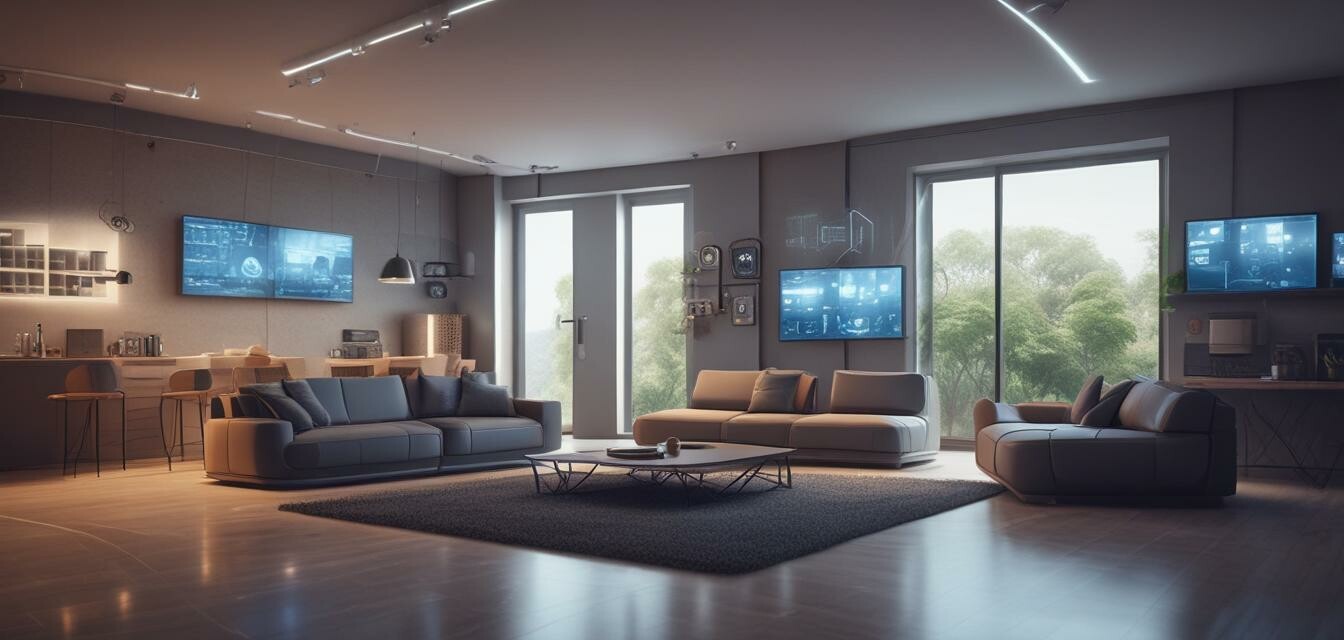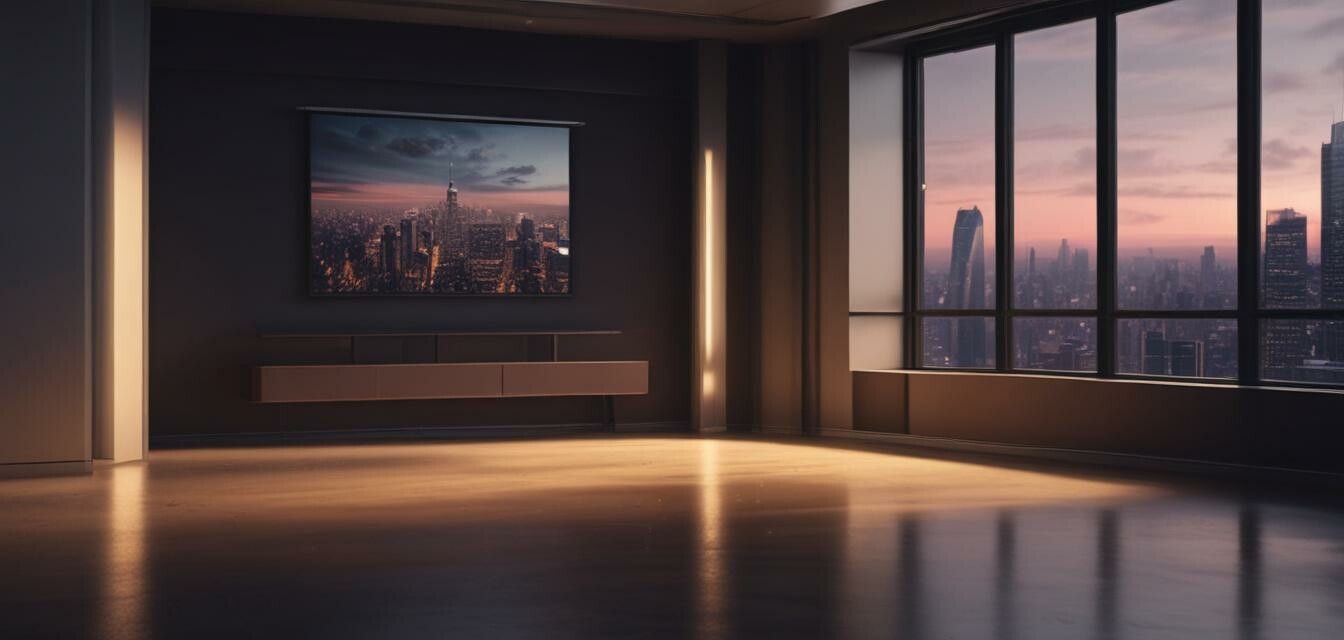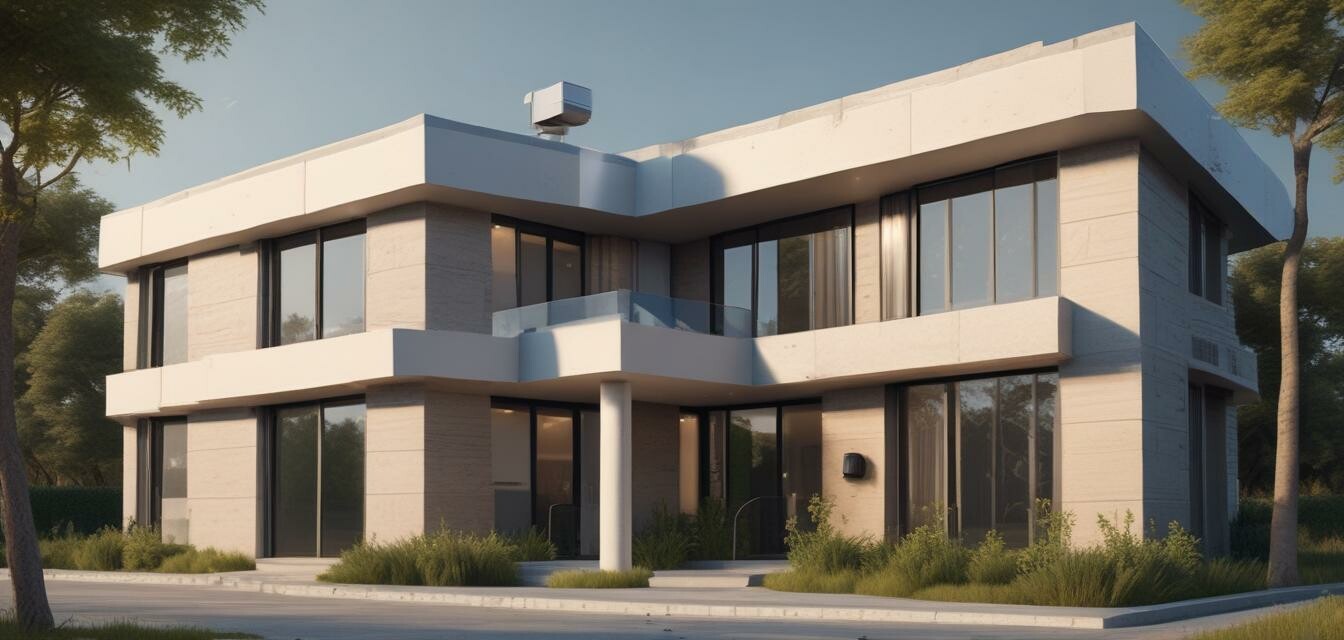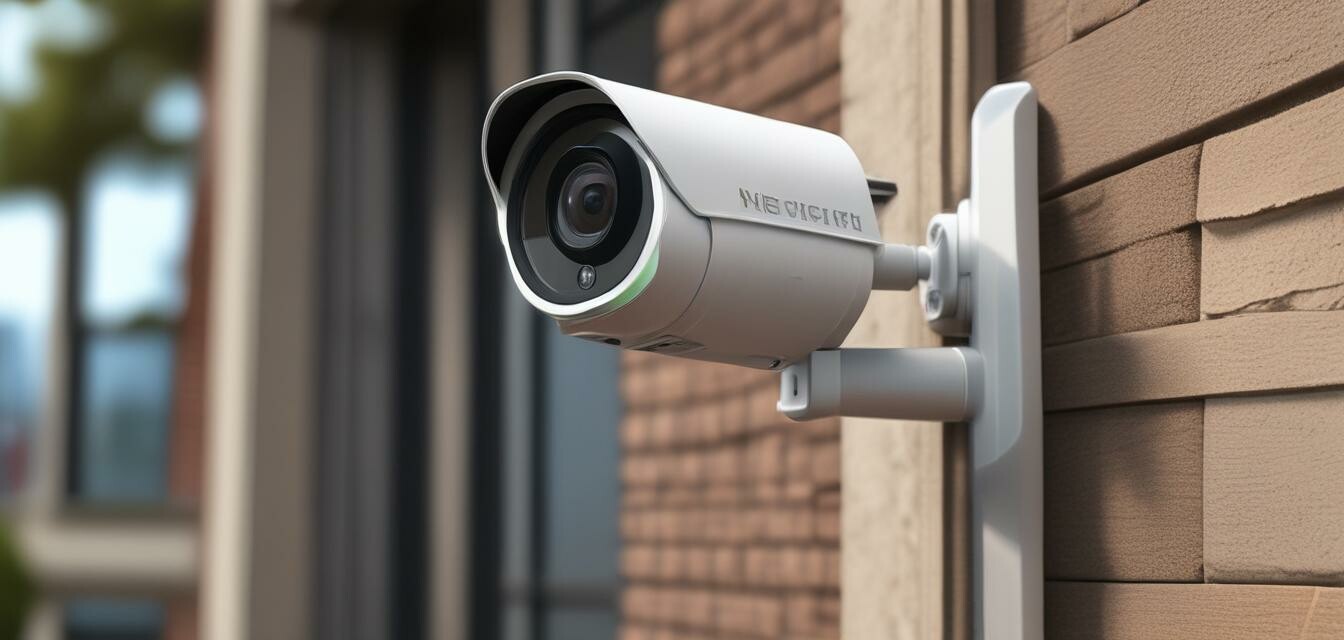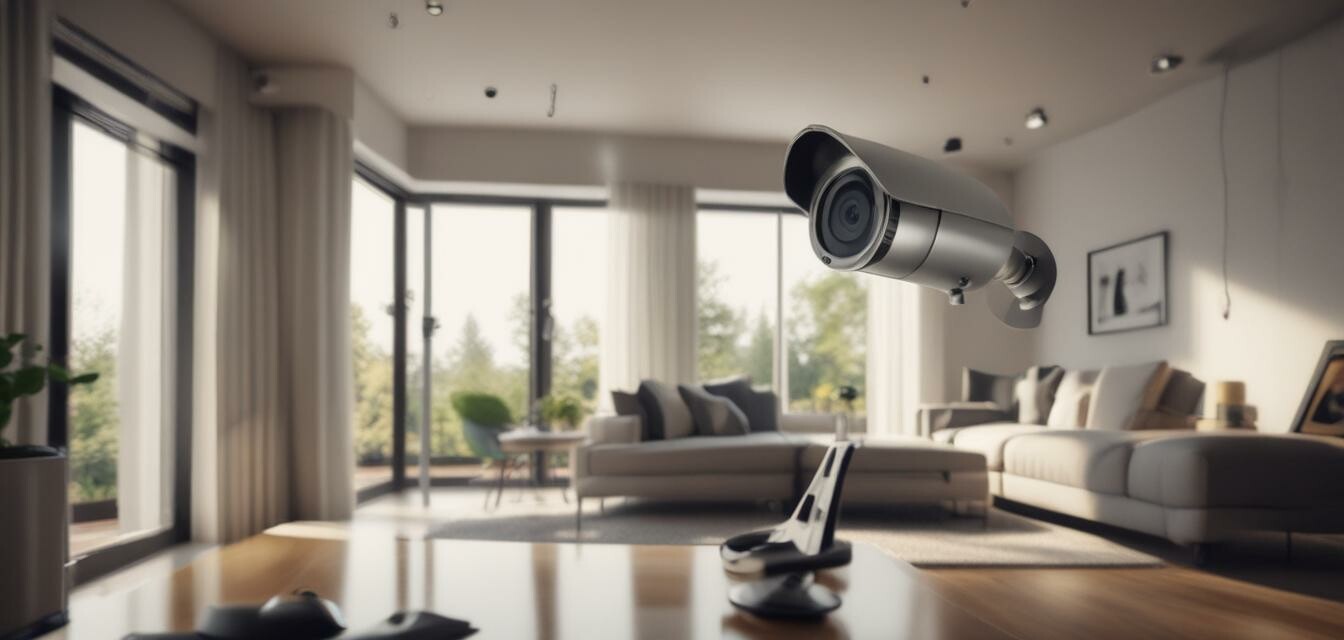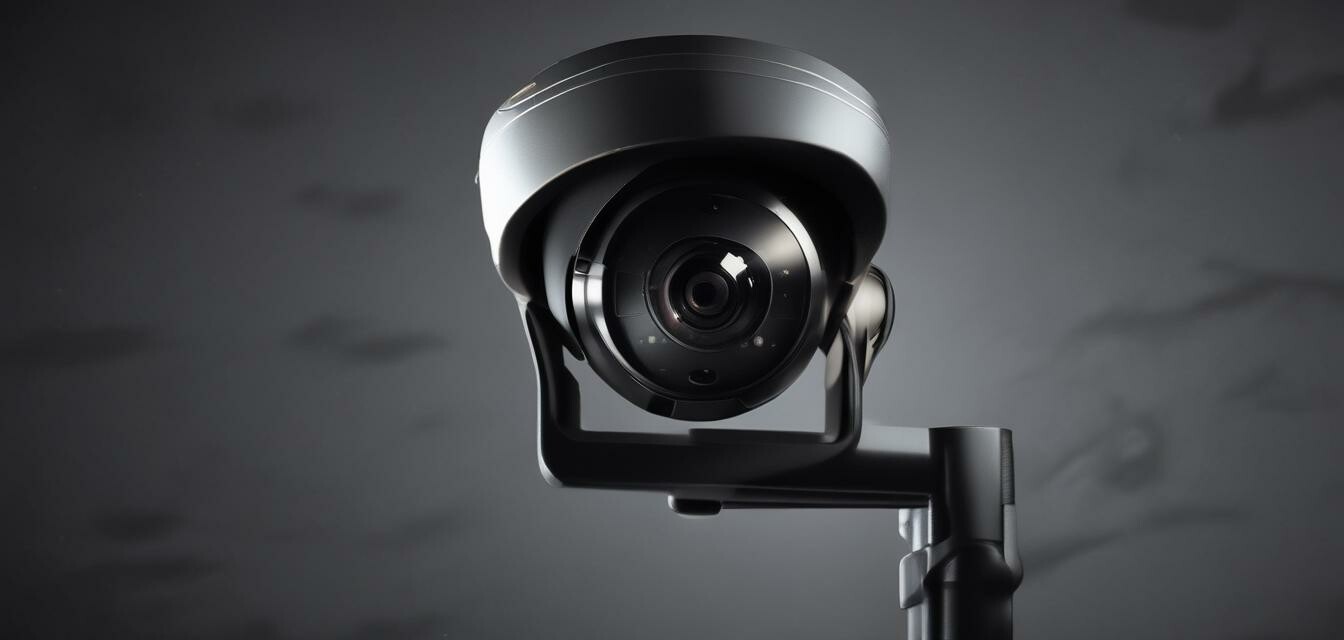
Night Vision Security Cameras
When it comes to home security, one of the most critical features of a security camera is its ability to capture footage in low-light conditions. Night vision security cameras have become increasingly popular, offering homeowners peace of mind and an added layer of protection. In this article, we'll delve into the world of night vision security cameras, exploring how they work, their benefits, and what to consider when choosing the right one for your needs.
Key Takeaways
- Night vision security cameras use infrared (IR) LEDs or image intensifiers to capture footage in low-light conditions.
- IR LEDs provide a range of up to 100 feet, while image intensifiers can amplify available light.
- Night vision cameras can be wired or wireless, with wireless options offering more flexibility.
- Resolution, field of view, and weather resistance are essential factors to consider when choosing a night vision camera.
How Night Vision Security Cameras Work
Night vision security cameras employ one of two technologies to capture footage in low-light conditions: infrared (IR) LEDs or image intensifiers.
| Technology | Description | Range |
|---|---|---|
| IR LEDs | Use infrared LEDs to illuminate the surroundings | Up to 100 feet |
| Image Intensifiers | Variable, depending on available light |
Benefits of Night Vision Security Cameras
Night vision security cameras offer a range of benefits, including:
- Enhanced security: Night vision cameras provide an added layer of protection, allowing you to monitor your property even in complete darkness.
- Deterrent effect: The presence of a night vision camera can deter potential intruders, reducing the risk of break-ins.
- Improved evidence: Night vision cameras can provide clear footage of any incidents, making it easier to identify perpetrators and gather evidence.
Factors to Consider When Choosing a Night Vision Camera
When selecting a night vision security camera, consider the following factors:
- Resolution: Look for cameras with high resolutions (720p or higher) for clear footage.
- Field of View: A wider field of view provides more comprehensive coverage of your property.
- Weather Resistance: Ensure the camera is weather-resistant and can withstand outdoor conditions.
- Power and Connectivity: Decide between wired and wireless options, considering the flexibility and installation requirements of each.
Pros
- Enhanced security and peace of mind
- Deterrent effect on potential intruders
- Improved evidence gathering
Cons
- May require additional installation and wiring
- Can be more expensive than standard security cameras
- May have limited range or effectiveness in extreme low-light conditions
Types of Night Vision Cameras
Night vision security cameras come in various forms, including:
- CCTV Systems: Comprehensive systems that include multiple cameras and a central recording device.
- Smart Doorbell Cameras: Cameras integrated into doorbells, providing an added layer of security at the entrance.
- Solar-Powered Cameras: Eco-friendly cameras that harness solar power for energy.
- Wireless Security Cameras: Cameras that offer flexibility and ease of installation.
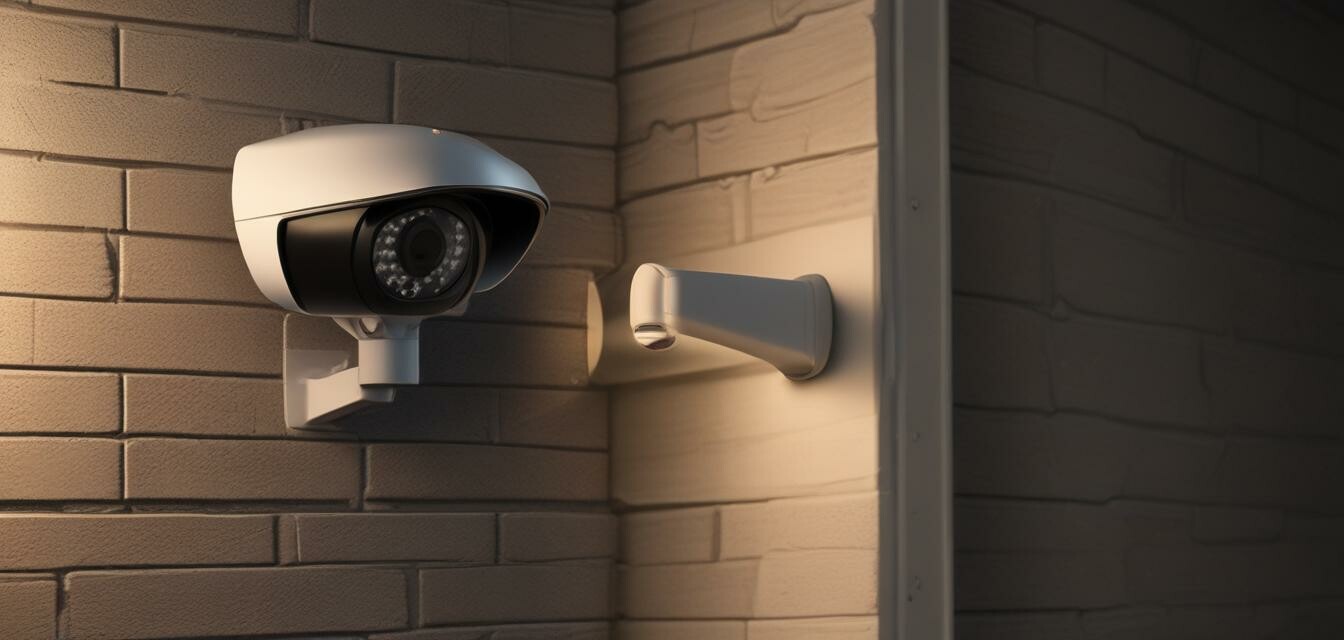
Conclusion
Night vision security cameras offer a powerful tool in the fight against property crime. By understanding how they work, their benefits, and what to consider when choosing the right one, you can make an informed decision to enhance your home security.
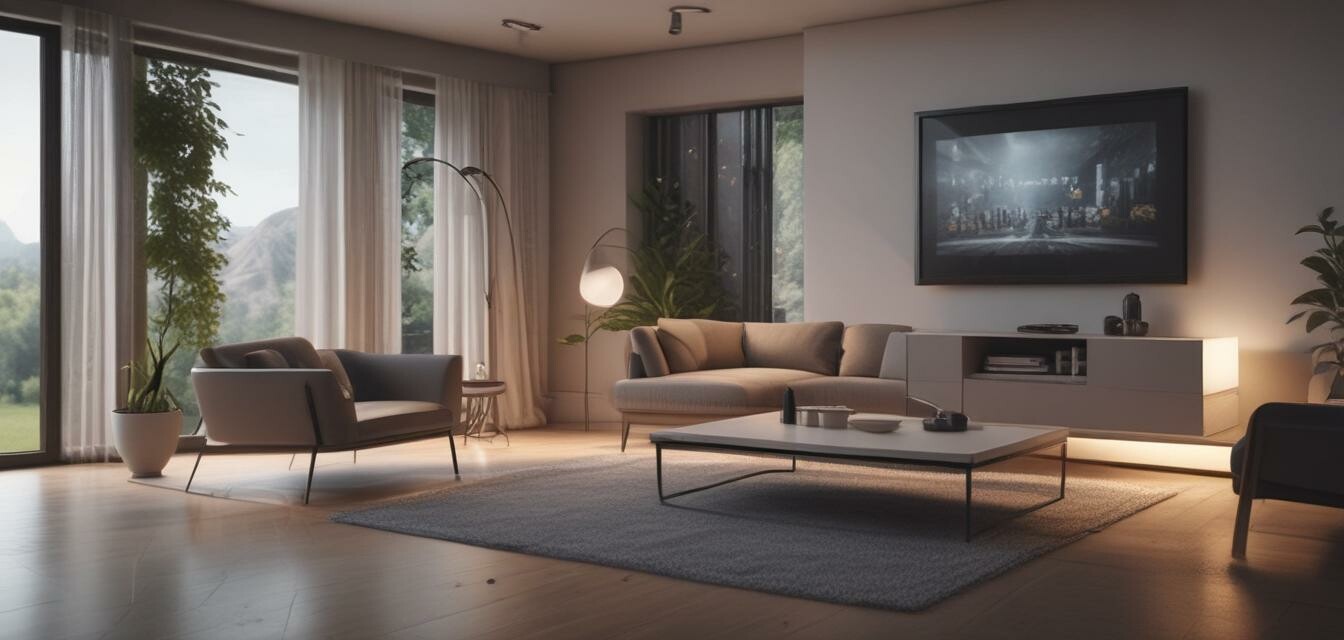
For more information on security cameras and home automation systems, explore our Home Automation Systems and Security Alarms & Sensors pages.
